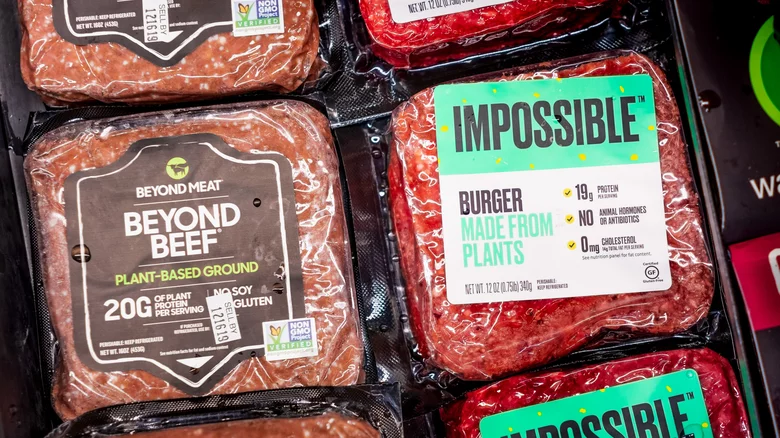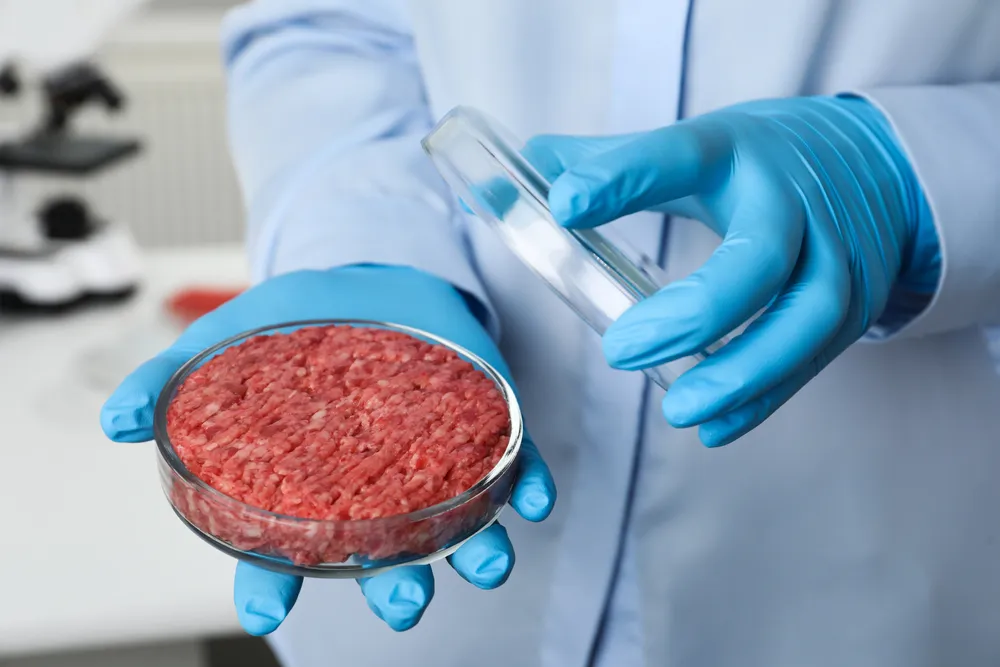Germano GlufkeReisaMarina SuchaHeidemannbFelipe MendesBorinicCarla Forte MaiolinoMolentob
a Management School, UFPR Federal University of Parana, Av. LothárioMeissner, 632, Jd. Botanico, Curitiba, PR, 80210-170, Brazil
b Animal Welfare Laboratory, UFPR Federal University of Parana, Rua dos Funcionários, 1540, Juvevê, Curitiba, PR, 80210-170, Brazil
c School of Economics, Business and Accounting of the University of São Paulo (FEA USP), Avenida Professor Luciano Gualberto, 908, Butantã, São Paulo, SP, 05508-010, Brazil
Abstract
Alternative protein sources such as cell-based meat are potentially associated with improvements in important issues related to intensive industrial livestock production: animal welfare, environmental impact, food safety and the low efficiency of conventional meat production. However, little is known about the potential implications of the new cultivated meat technology for emerging countries. Thus, drawing on the Global Value Chain literature and on the blossoming literature on cell-based meat, we have first discussed how this new chain may be structured.

Then, based on the analysis of a set of companies that operate in the fast-developing cultivated meat industry, core enabling capabilities that are required in order to enter the new meat value chain were identified; they encompass technological, business structuring, market positioning and relationship with stakeholder capabilities. It is likely that all listed capabilities are relevant for any country to access the livestock chain in transition.

We propose reflections that may contribute to decisions which, in turn, may define aspects of the cultivated meat chain, for the sake of relieving animal suffering and taking care of our home planet, while providing all humans with quality food that meet their nutritional requirements and consumption desires.








